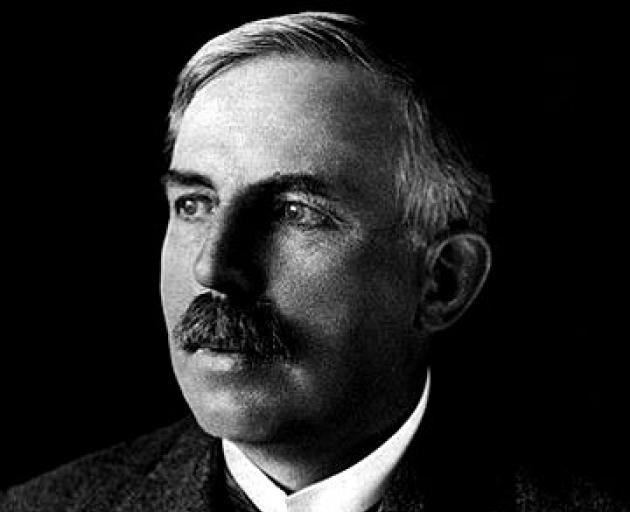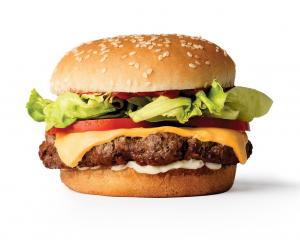

I have been pondering, do I finish with humour, a plea or a bang?
Do I share my thoughts on the future of agriculture and remind readers that we are expecting to achieve record food and fibre exports of $56billion this year, with revenue projected to reach $62billion by 2027?
Imagine what our deteriorating hospital and education systems would look like without that income. How do we support New Zealand agriculture for a new world?
Should I get into a debate about feminism, equality and biculturalism?
Goodness knows I am passionate about change on this front. Perhaps it is enough to share a quote from Ruth Bader Ginsburg: "To those accustomed to privilege, equality feels like oppression."
We cannot hold back equality initiatives because we feel threatened. We need to step aside and see what good may come of enabling others to prosper.
In the end, I decided that my final column had to be about something positive and something I passionately believe in.
As I look at New Zealand and the planet’s challenges, I am convinced the best solutions will all be underpinned by innovation — innovation of products, processes, business models and supply chains.
I want to share a concept I was reminded of in my recent travels to India. Innovation is a way of thinking, a way of being and a way of action, not a structure or a programme.
In order to think innovatively, we need to look at things in different ways, with people from different disciplines, backgrounds and ages. We need to be thinking, reimagining and constantly questioning.

It was a Kiwi, Ernest Rutherford who said "We haven’t the money, so we’ve got to think."
It is a powerful statement because it implies innovation can happen without financial resource, something we often use as our excuse for a lack of action.
I read a lot of reports and rhetoric from New Zealanders about what is needed: "We need to be less reliant on agriculture", "we need to make our health system more equitable". The same reports time and time again with little systematic change.
I feel despair, but then I see sparks of hope. Lanaco wool filtration systems being used on a Nasa mission; Buttabean Motivation, a South Auckland health programme by Dave Letele — its strapline: "No excuses! Just start."
People and companies are out there doing it, making change and inspiring others, in spite of the system, rather than because of the system.
I am often asked to speak to groups, especially students, about my career. I tell them "when I decided to start Zestt I had a choice, a house in Wanaka or a start-up, I chose the option most likely to fail!".

As we look around us and feel fearful and powerless at all that is going wrong, the easiest thing to do is to narrow our thinking and create financial comfort in an effort to protect ourselves. Cyclone Gabrielle has highlighted this protection is false; we need to make change through action.
The last three years of my career have been my best, not because I have made the most money or made the best connections, but because I love what I do, I am doing something I believe in and I am thinking about science and health in different ways.
The demands of this are all consuming. Zestt needs more of my time and energy and there are still no guarantees.
I want to thank you as my readers over the last decade. I thank you for sticking with me, I thank you for your feedback and I will certainly miss planning my columns during my beach walks.
My first Fence Lines column was called "Thinking Thursdays" — perhaps my last column should be called "Just do it Fridays". We need innovators, young and old, in every sector of society. Stick with your old car, choose your poison and do something you love. Life is short.
- Anna Campbell is the Co-Founder of Zestt Wellness, a nutraceutical company, and holds various directorships.












